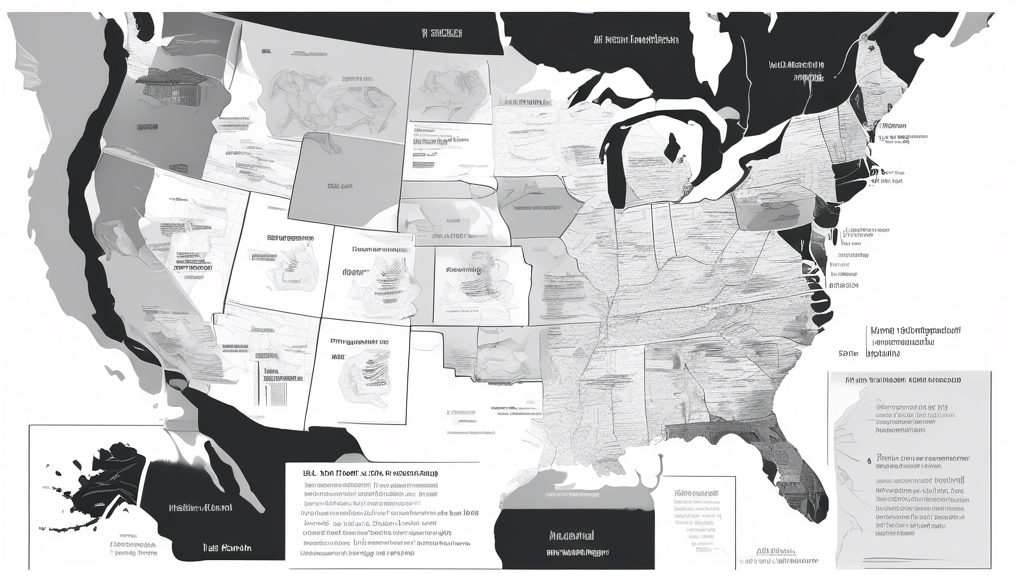
Current Trends in U.S. Border Security
The landscape of U.S. border security has witnessed notable shifts, with a recent statistical and policy evaluation illustrating significant lowering in illegal crossings and a mixed bag of political and humanitarian responses. With the recent statistics as of October 22, 2024, a critical analysis reveals a nuanced picture of U.S.-Mexico border policies and their implications.
Fluctuations in Apprehensions and Border Crossings
Apprehensions at the U.S.-Mexico border saw an uptick in August 2024, marking the first increase in six months. Despite this temporary surge, figures for the rest of the year point to a descending trend, positioning overall apprehensions at their lowest count since autumn 2020. This development highlights fluctuations that experts attribute to various stringent measures implemented earlier in the year.
After the Biden Administration’s introduction of stricter enforcement tactics in June 2024, the U.S. witnessed a dramatic 55% decrease in unauthorized entries. This decline has resulted in the smallest number of such crossings observed monthly since September 2020. These measures include a blend of technological augmentations and additional personnel aimed at tightening border control.
Policy Measures and International Cooperation
The Biden-Harris Administration’s robust policy interventions have played a pivotal role in reshaping the border security framework. Enhanced enforcement actions have been widely publicized, reflecting increased deployment of Border Patrol agents in strategic areas, an expansion in surveillance technology, and more efficient processing systems aimed at expediting removals. These measures are designed to present immediate and serious consequences for those attempting irregular entries.
In a collaborative regional effort, Mexico’s crackdown on migratory movements in early 2024 has considerably influenced the reduction in border numbers. This bilateral approach signifies an essential cooperation in tackling shared concerns and reflects the transnational nature of migration challenges facing both nations.
Tech Innovations and Asylum Regulations
Technology has emerged as a focal point of the new border approach, with the deployment of the CBP One app revolutionizing entry management. This app has facilitated structured migrant entries at official crossings with approximately 1,450 daily appointments, underscoring a successful strategy in streamlining procedures for those seeking entry through legal pathways.
The Administration’s asylum policy adjustments have also garnered attention, particularly the June 2024 executive order temporarily halting certain noncitizens’ entry across the southern border and imposing restrictions on asylum eligibility for those crossing between ports of entry. This has led to a marked reduction in asylum claims, aiming to disincentivize irregular routes.
Addressing Criticism and Advancing Humanitarian Efforts
Despite these measures, the Biden Administration continues to face criticism from various quarters regarding its approach. Skeptics argue that strategies are geared more towards managing political narratives rather than directly resolving the broader illegal immigration issue. Vice President Kamala Harris has championed the need for comprehensive immigration reform amid ongoing debates, countering former President Donald Trump’s proposals for large-scale deportations.
In a significant ethical stance, the Administration has emphasized humanitarian efforts, introducing parole programs targeted at certain nationals and mechanisms to maintain family unity. The initiative, allowing noncitizen spouses and children of U.S. citizens to secure lawful permanent residence, underscores a humane approach to the complexities of immigration, resonating with the broader calls for reform and empathy.
